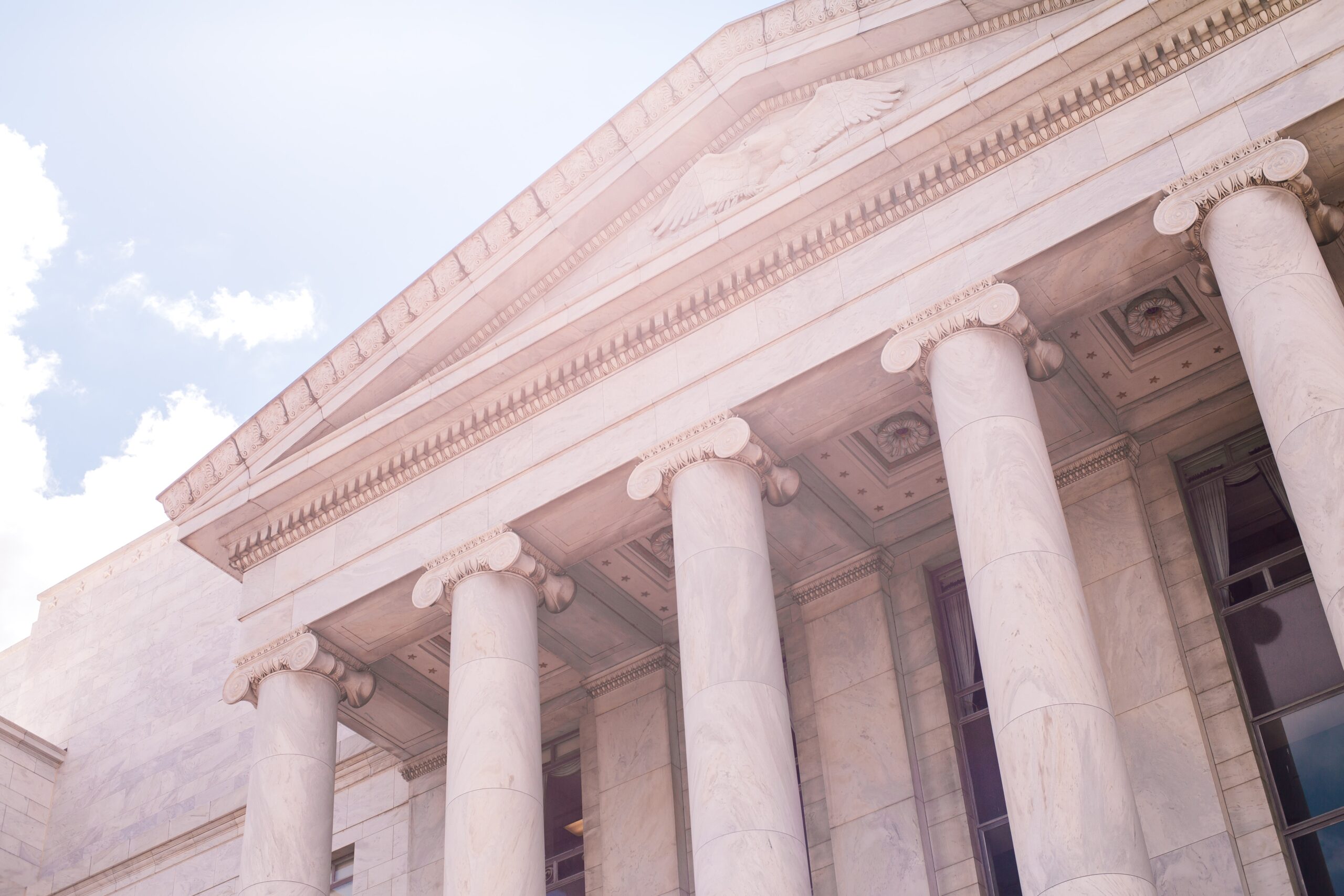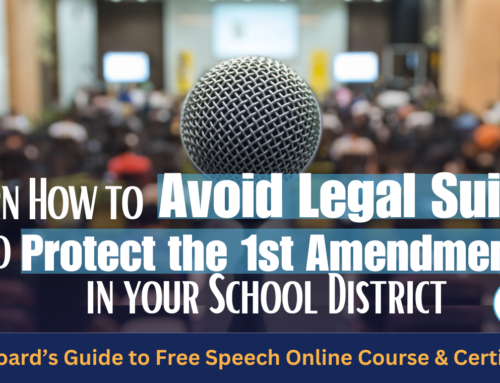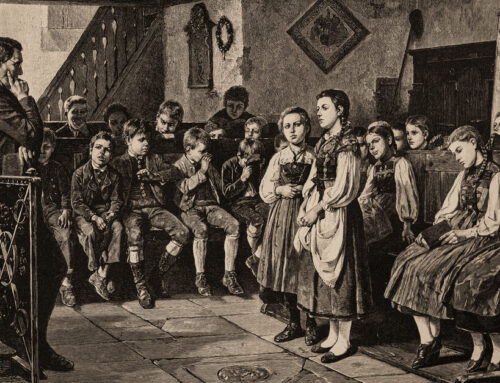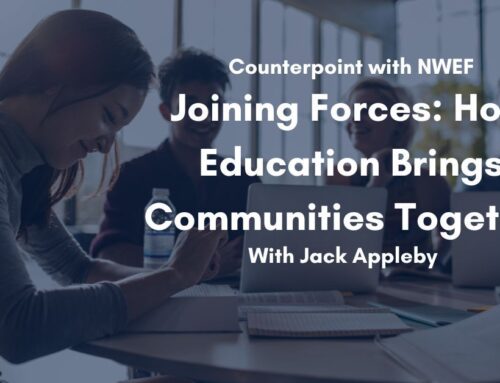
Founding Father Thomas Jefferson wrote,
“Educate and inform the whole mass of the people, enable them to see that it is their interest to preserve peace and order, and they will preserve it….They are the only sure reliance for the preservation of our liberty.—After all, it is my principle that the will of the majority should prevail.”
As a constitutional republic, our country was founded on democratic principles meant to ensure our liberty of thought, freedom of speech, and the long-term success of our nation.
Early in our nation’s history, people wanted to make sure that the voting populace would be well-educated. The first public school in America was founded in Massachusetts in 1635.
By the late 1800s, every state had public schools.
Without a doubt, education benefits individuals. But does an educated population benefit the government?
It certainly does!
Here are just a handful of ways that the government profits when its citizens are well-educated:
Education provides unity.
The United States has been called a melting pot for good reason.
Since our country is home to many cultures and ethnic groups, we need education to bring us together. People naturally fear what is different. Education proposes a different path: curiosity.
Education helps us ask good questions and learn about each other. In this way, we can learn to respect our differences instead of fearing them.
Education provides stability.
After the terrorist attack of September 2001, liberal education proponent Mary Marcy wrote the following for the Association of American Colleges and Universities:
“Questioning, exploring, stating the unpopular, challenging poorly reasoned theories, wrestling with convoluted and contradictory positions–this is what liberal education asks us to do. And it is exactly what is needed in the present environment, as we struggle with competing and complex ideas.”
This statement remains true today.
Education is a stabilizing force for democracy because a well-informed society makes better decisions—both in the voting booth and in their personal lives. Students who have learned how to communicate, how to ponder new ideas, and how to think creatively are valuable to our government, because good education guards against tumultuous change.
- If you study history, you know where ideas lead.
- If you study grammar and literature, you have read the thoughts of the ages and know how to communicate your own ideas.
- If you study math and science, you have the tools to create financial, logical, medical, and technological advances.
Education brings safety to a land, while ignorance breeds fear.
Education provides economic growth.
The more educated the people are, the higher the nation’s potential Gross Domestic Product (GDP) will be.
The wealth of a nation doesn’t lie in the ability of a government to print money or redistribute income. Instead, true wealth lies in the people.
A confident, productive, informed group of workers creates a flourishing economy. Project Literacy reported on a study done in Canada, which “concluded that a 1% increase in literacy levels would raise Canada’s labour productivity by 2.5%, and add an estimated $32 billion to [their] annual Gross Domestic Product.”
Improvements in American literacy and educational attainment would have a similar effect. Think of all the untapped social and economic potential residing in our students today!
Education reduces crime and poverty.
The American Action Forum reports that America spends $300 billion each year on policing communities and incarcerating criminals.
The government invests even more to reduce poverty among its citizen, expending $432.8 billion on welfare in 2018 according to Myth Detector, not including Social Security, Medicare, and Medicaid costs.
There is a direct relationship between education and the amount of crime in a nation. In the United States, more educated areas enjoy reduced crime rates, while neighborhoods with less education suffer from increased criminal activity.
A lack of education also directly relates to poverty. The Graduation Alliance reports, “[High school dropouts] on average bring in $20,241 annually ($10,000 less than high school grads and over $36,000 less than those with a bachelor’s degree).”
Education benefits national security.
Educated citizens produce scientific advancements that help a country defend itself internationally, grow enough food, and create new technology for economic growth and security.
These benefits of education keep a population safe, but they also ensure the long-term survival of a government.
Education improves the overall health of a nation.
In addition to reducing poverty, education improves the health and mental well-being of a population.
When people are educated, they know better how to take care of their bodies, how to eat nutritiously, and when they need to seek medical attention.
This awareness, in turn, benefits the government by 1.) creating a strong, independent citizenry with fewer medical expenses and 2.) by boosting the economy with healthy laborers.
These are just a few of the ways that education benefits the government as a whole.
Our leaders certainly have plenty of incentives to improve our educational system. However, they still need us to hold them accountable and vote for those who will protect our children’s educations.
Are you concerned about the direction of your local school system? The Noah Webster Educational Foundation seeks to help parents bring solutions and improvements to their local schools.
Help make the change we’re all looking for! Learn more today.





[…] like the United States do not simply fund education out of the goodness of their hearts. Education provides invaluable results to governments. The most significant of these results is strong […]